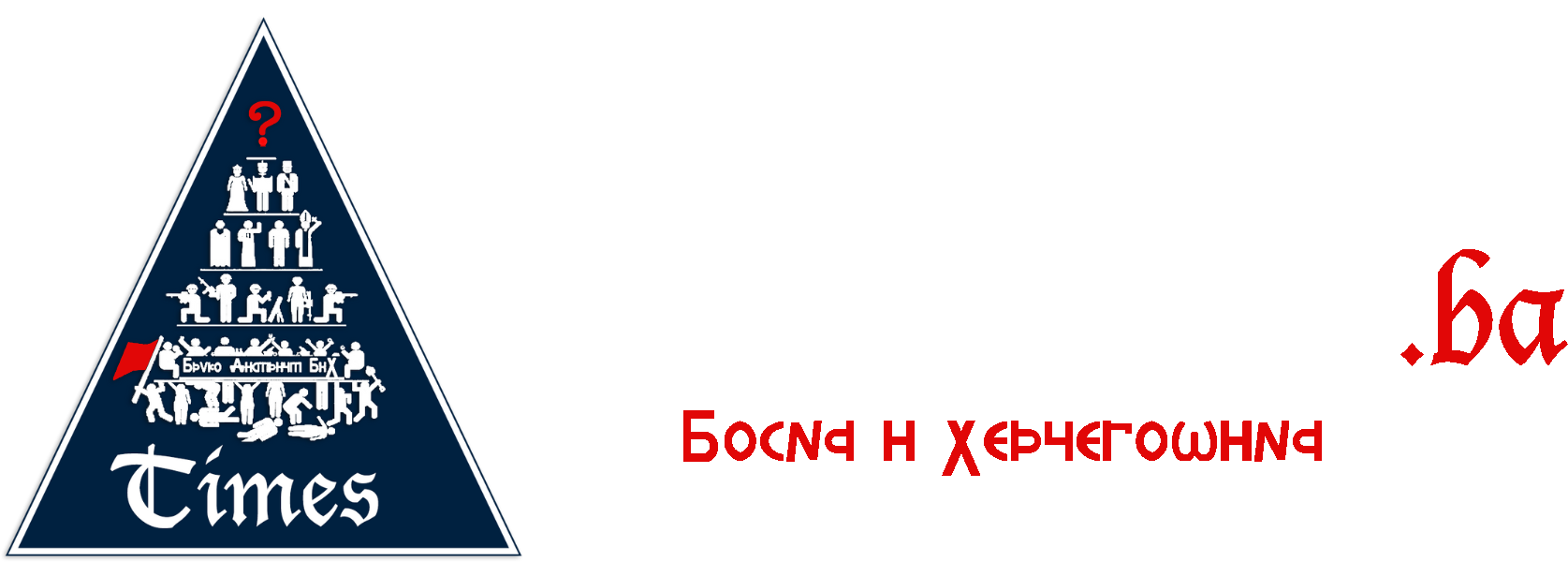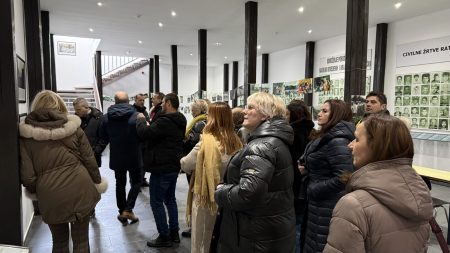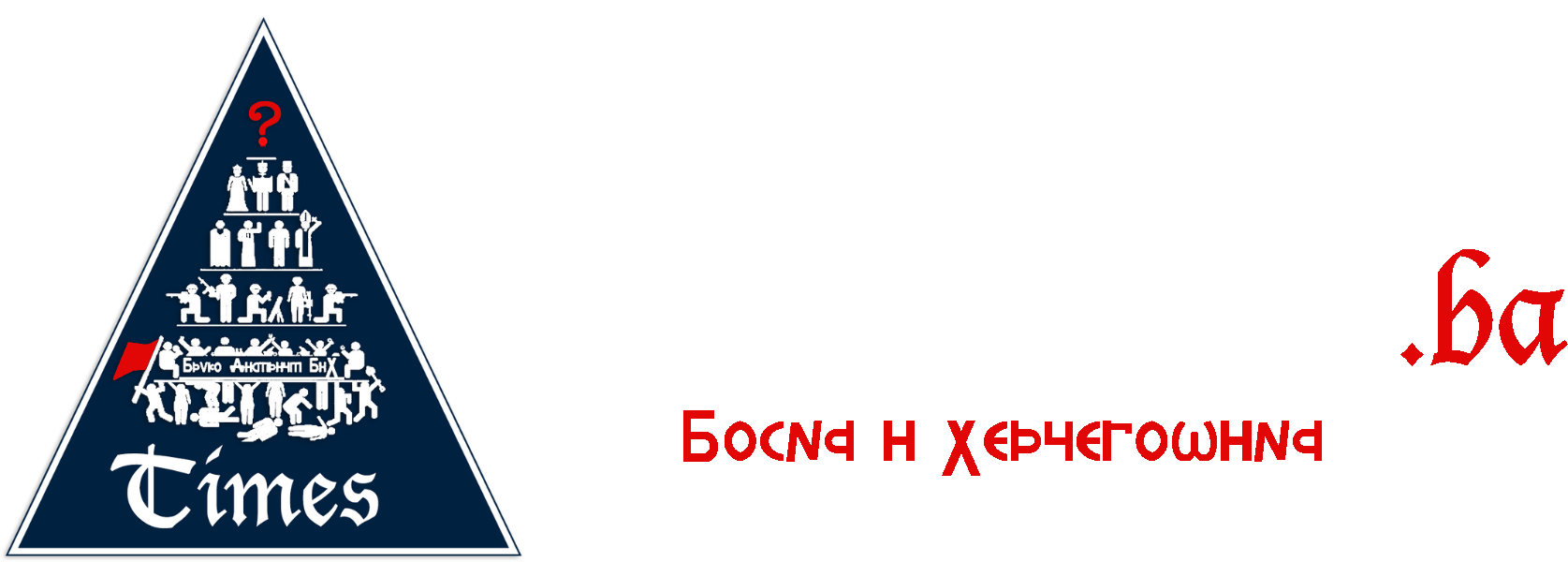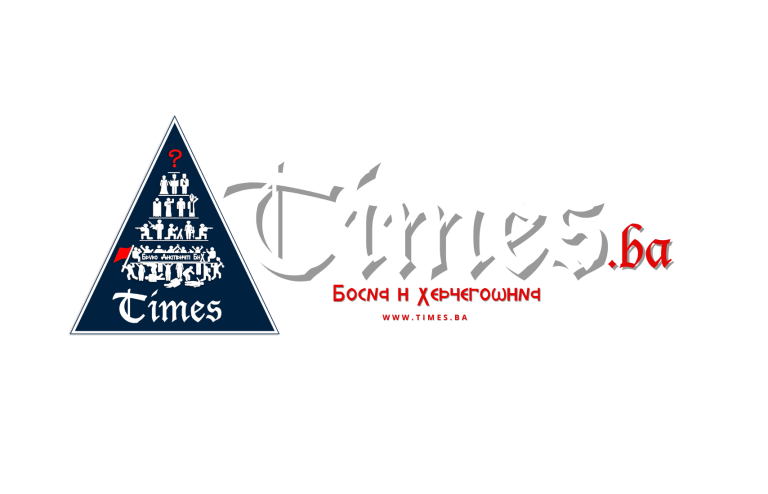Greece has long been recognized on the metalhead map for producing numerous high-quality bands and musicians. One of those bands, Firewind, will soon grace us with a live performance at Zaječarska Gitarijada. This will be the second time the band, led by the world-renowned guitarist Gus G, performs in Serbia, after 16 years.
But let’s roll the story back a bit. It was 2008, and Kamelot was set to visit Serbia for the second time, to promote their latest album “Ghost Opera.” What came as a surprise back then was that the rising stars of the Greek heavy metal scene, Firewind, were announced as special guests at the show. For some of us, that show lingered to this day as one of the most memorable ones we have ever been to. And sure as hell, the guys from Firewind were also a bit awestruck by the fact that many of us already knew the lyrics to their songs, and we sang them together with the band, from the bottom of our hearts. The energy, the passion, the stunning ease with which the whole band played, like a well-oiled machine… It was truly unforgettable.
Later on, the Greek guitar prodigy Gus G would go on and ricochet toward his stellar career, both as a guest guitarist on many important albums and as a crucial member of Ozzy Osbourne’s touring band. All the while, never truly giving up on his core band. And here they are, 16 years later, coming back to Serbia to play at Zaječar. Regarding their upcoming show, their latest 10th studio album “Stand United”, and some other important topics, we’ve had the pleasure of speaking to the man himself – Gus G.
Balkanrock: Gus, you are visiting Serbia for the 4th time – the second time with Firewind. What were your previous experiences when you visited us?
Gus G: I’ve always had a good time in Serbia. Always. I have only been to Belgrade actually, so this time it’s going to be the 1st time we go to another city – Zaječar. I had never been there, only in Belgrade, which is a beautiful city. We have played there like you said one time with Firewind, and I have been there on another occasion, doing a guitar clinic – a seminar. I’ve played once with Ozzy at another festival. And yeah, so it’s always been good experiences, always very, very good treatment, you know, very, very warm people, welcoming, always good hospitality, and great rock fans. So you know, from my past experiences I think this is gonna be a good one as well.
Balkanrock: We hope you won’t wait so long to bring the back the band back again.
Gus G: I know, I know 🙂
 Balkanrock: It’s your band’s first time playing at Zaječarska Gitarijada, so much of the audience is presumably going to see you live for the first time. Will the majority of your setlist focus on the new album “Stand United” or can they expect to hear a bit of a walkthrough of your older stuff?
Balkanrock: It’s your band’s first time playing at Zaječarska Gitarijada, so much of the audience is presumably going to see you live for the first time. Will the majority of your setlist focus on the new album “Stand United” or can they expect to hear a bit of a walkthrough of your older stuff?
Gus G: Oh, we’ll definitely play older stuff. I mean, we have a new album that we want to promote – “Stand United,” so we will play some songs from the new album. But the idea is to play also a little bit like a best-of setlist because we are a band that has been around for more than 20 years now, and we have 10 studio albums. So we have to mix it up and play stuff that some of our fans might expect, but also other stuff, too, to cover a little bit of the band’s history. And yeah, so it will be like a mixed setlist. Of course, you know, it’s not gonna focus only on new stuff, it’s gonna cover pretty much all of the eras of the band.
Balkanrock: Speaking about “Stand United,” how’s the reception going so far?
Gus G: It’s been really good, actually, really good so far. It got really good reviews, our fans, the the people who follow us were really pleased with it, and they supported it. When we released the album we went on tour right away, and it was really new stuff that had just come out. I was surprised because a lot of the fans already knew the lyrics, and they were already singing the new songs. That’s a good sign that new songs seem to work and we played a lot of the new stuff on stage, on the show, and everybody loved it so I think the reception was really really strong on this one.
Balkanrock: You’ve recently visited North America as part of the new album promotion tour, and it was Firewind’s first visit there after more than a decade.
Gus G: Well, we did a tour 2 years ago, it was right when Covid was ending. We did a tour that was not really planned – we opened for Dragonforce because we replaced another band there. They had special guests who canceled at the last minute so we jumped on the tour. But yeah, prior to that, it was like the last tour was in 2013. The last time we played a headline show, it was 11 years ago.
Balkanrock: What are your impressions of that tour?
Gus G: It was good, it was really good. You know, we have a lot of fans that have followed the band for many, many years, so we met a lot of people that were traveling from very far away. America is such a huge country, that we were not able to hit all the markets this time. So a lot of people had to travel from states far away that were like thousands of miles so it was nice to see that loyalty from people that came to see us. Those were really good shows.
We want to go back there next year – I hope so. America is such a big country that you can have certain parts that you do really well, and then you can go to the middle of America, and then not many people know you. So I think a lot of artists have that problem unless you’re a really really large artist. But it’s almost like many countries in one, you know. That’s how big America is. But in the bigger picture, of course, it’s a great country to tour, and you know, really good economy and they love rock and metal, and they love going to shows.
Balkanrock: Are there any differences between the fans in the North American continent, and European countries?
Gus G: Oh, the metalheads are all the same. I think there are differences, of course, because of the culture here and there. However, in heavy metal, there’s like, a certain kind of guideline. And all metalheads love a certain thing so they kind of react to it in a similar way. I think that’s what’s beautiful about heavy metal, because of the fact that you can go to different corners of the world and still feel a connection with people because of this music. And I haven’t seen that with anything else. It’s probably as close to a religion as possible. You know, music has that power. I mean, everybody reacts a little bit differently to it. Some people like in Central Europe, they’re a little bit more reserved, maybe up in Sweden. And then you go to the southern countries, and people are singing more.
But I think some people like to sing more than others, some are more shy. I think it also has to do with the age group. If it’s a little bit more of an adult audience, they’re not gonna go to the front row and mosh pit or something, they’re just gonna sit in the back, have a beer, and enjoy. And this is what I would do because I’m in my forties. If I go to a show I’ll just have a beer and then sit in the back and enjoy the show. I’m not gonna go to the circle pit. But if you have a younger audience, of course, they’re a bit crazier, and they want to go to the front row and they scream more. So it depends on the age demographic, more than the country they’re from.
Balkanrock: What about some of the differences between the music business between these two continents?
Gus G: Well, the music industry is pretty much fucked up everywhere. All musicians are struggling the same, whether they are Americans, Greeks, Swedish, or well, maybe not the Swedish, I don’t know. Maybe the Scandinavians have it a little bit better because they have such a tradition and everything that comes out of Sweden has a stamp of approval by the world. But yeah, maybe except them the rest. The music business model has changed a lot, and it keeps changing a lot every year every 6 months because we live in digital times.
The music has changed a lot in the sense that you cannot sell music anymore. Nobody buys music so the currency of music has changed. The currency of music is not accountable to money anymore. Back in the day, you said – Oh, I buy a CD. It’s worth 10 bucks, so maybe it has 10 songs in there, and each song is worth $1 hypothetically, more or less. You know this doesn’t exist anymore. It’s more about how much free time can we get from the listener to listen to our music. So the currency now is time, not money. So this has changed everything in the music industry, and everybody’s struggling to get those streaming numbers, basically, that are free. But we need people to give us their time. It’s a totally different playground nowadays.
Balkanrock: What is your current stance on digitalization of music? Nowadays, younger people use streaming platforms much more than they buy physical copies, because of their convenience. Have you adapted well?
Gus G: Who would listen to a CD? Nobody listens to CDs anymore. It’s like, a CD or a Vinyl is a merchandise item nowadays, and you can still sell up quite a few of them at the shows as part of the merchandise. It’s the same as selling a T-shirt. Personally, I don’t have a problem with the change or that the medium changed. We went from physical to digital, and I’m fine with that. This is how things are now, and we have to accept it. The problem is that the musicians and the composers are not compensated the right way. But, like I said, the system is broken from the inside. The record companies are shareholders of Spotify so they’re also in on the whole thing and they are getting the better end of it. And then the composers and the musicians are getting the leftovers, or whatever they want to give them. So when the business model cannot change, it’s because the companies don’t want it to change.
But you know, there are other ways, I guess, to do it, to be independent, to not have the record companies anymore. So it really depends. The good thing about it today is that you can be completely independent and do it on your own. But of course, at the same time, it’s very competitive. The market is more competitive than ever, with so many bands, and so much music being released every day, like thousands and thousands of songs every day. So yeah, it’s probably harder than ever. I mean, somebody can ask me why you do it then. Well, I do it because this is what I do, and I cannot imagine myself not doing music. I don’t do this to make money. Of course, I need money to survive, but this is not the primary reason – I do it because I love it.
There is actually money to be made in the industry. If you manage to establish a brand, you can sell that brand. Of course, you can do it, and it depends on the scale you are at, you can make good money. It’s just that the whole thing has changed, and it’s become a field that keeps changing all the time too fast all the time, and you just need to adapt. Back in the old days, if you were a guitar player, you played guitar. That’s all you did. Now, you have to have other skills as well. You need to have management skills, social media skills, and editing skills. So you need to be many things, and of course, you need to have different sources of income. You can make money from music from different sources, not just by playing in one band. You can monetize your brand in a different way. I’m going a little bit deeper into business stuff right now but this is what it means to be a musician in 2024. It’s not just – Oh, I’m playing in a band, and this is it. It doesn’t exist, it’s not there anymore.
Balkanrock: For the gear nerds in Serbia, can you walk us through your current guitar rig?
Gus G: I play my signature Jackson guitars that I’ve played for almost 10 years now, it’s my star guitar and I plug it into a tube amp, by Blackstar. The model is called St. James. It’s a small amp, actually, it’s like a tiny amp but it’s a full tube. It’s 50 watt amp. And then I have a small pedal board with only 2 or 3 pedals. I have a very basic guitar rig, not too many tricks and things, just one sound that comes mainly from the amp and a couple of effects pedals like a delay and a wah-wah, and that’s it. Very simple.
I always believe that the less stuff you have on your signal chain, the fewer chances you have of malfunctions and things going wrong, so I’ve always tried to keep it as simple as possible. I think that if you have a good guitar and a good amp, you can make a good sound out of that.
Balkanrock: A message for your fans in Serbia?
Gus G: I’m really looking forward to coming back to Serbia, and I’m really looking forward to playing at the Gitarijada festival at the end of August. We are all excited about it. And I just hope to see everyone there and it’s gonna be a good time.
!function(f,b,e,v,n,t,s)
{if(f.fbq)return;n=f.fbq=function(){n.callMethod?
n.callMethod.apply(n,arguments):n.queue.push(arguments)};
if(!f._fbq)f._fbq=n;n.push=n;n.loaded=!0;n.version=’2.0′;
n.queue=[];t=b.createElement(e);t.async=!0;
t.src=v;s=b.getElementsByTagName(e)[0];
s.parentNode.insertBefore(t,s)}(window, document,’script’,
‘https://connect.facebook.net/en_US/fbevents.js’);
fbq(‘init’, ‘299221612133385’);
fbq(‘track’, ‘PageView’);







